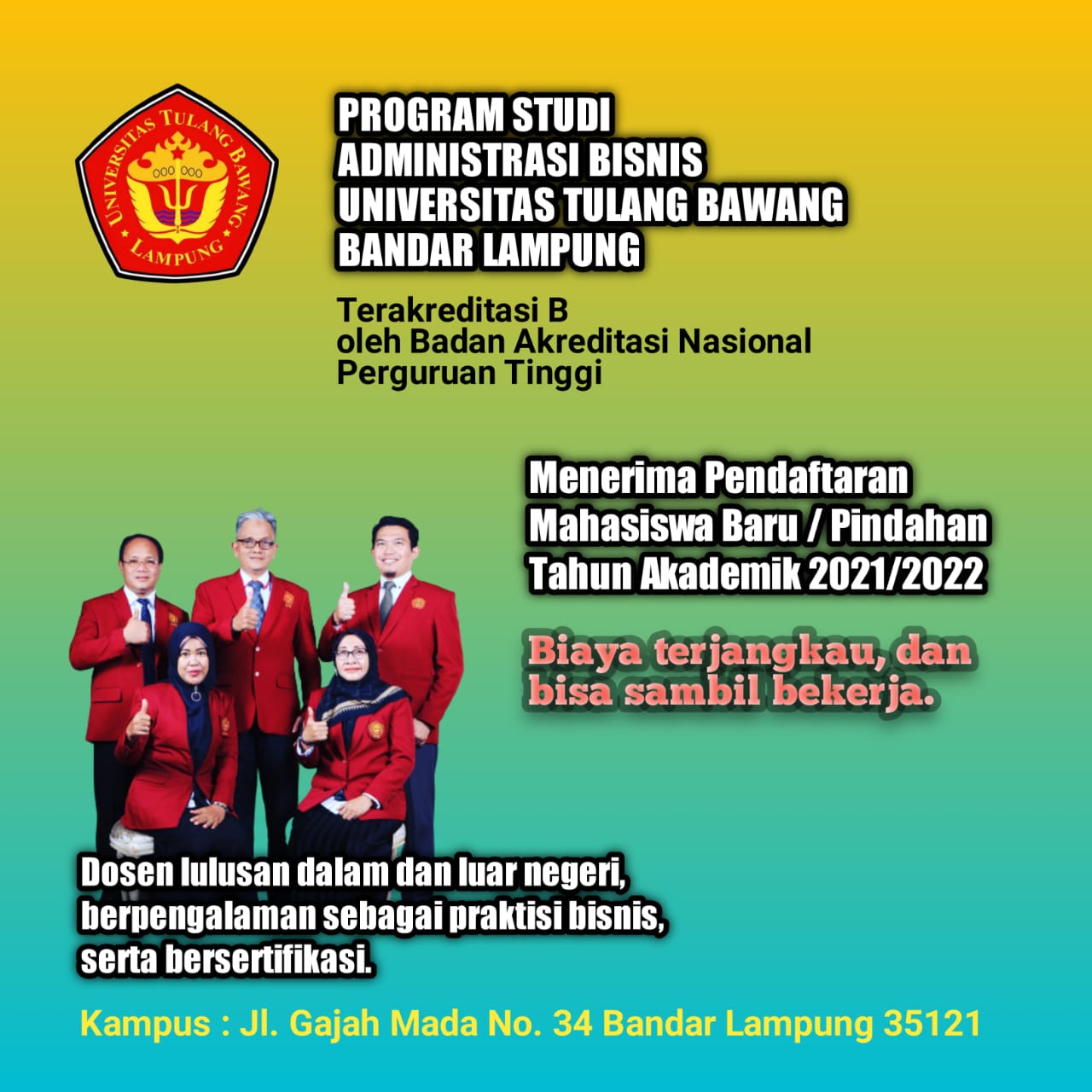Implementasi Manajemen Risiko dalam Meningkatkan Keberlanjutan Bisnis
DOI:
https://doi.org/10.37090/bpj.v4i2.2089Abstract
This study aims to analyze the implementation of risk management in improving business sustainability in Micro, Small, and Medium Enterprises (MSMEs) in Bandar Lampung. A qualitative-descriptive approach was used to explore the understanding, practices, and obstacles faced by MSME actors in risk management. Data were collected through in-depth interviews, direct observation, and document analysis in MSMEs from various business sectors.
The results of the study indicate that the implementation of risk management, such as product diversification, financial management, and the use of digital technology, have a positive impact on income stability, operational efficiency, and customer trust. However, the level of risk management implementation among MSMEs still varies. The main obstacles include limited resources, lack of knowledge about risk management, and minimal access to training or mentoring programs.
This study concludes that risk management plays an important role in supporting the sustainability of MSME businesses by mitigating challenges and opening up opportunities for innovation. To optimize the implementation of risk management, collaborative support is needed between the government, business actors, and other related parties in providing relevant policies, training, and access to technology.
Keywords: risk management, business sustainability, MSMEs, Bandar Lampung, digital technology.
Downloads
References
Braun, V., & Clarke, V. (2006). "Using Thematic Analysis in Psychology." Qualitative Research in Psychology, 3(2), 77-101.
Creswell, J. W., & Creswell, J. D. (2018). Research Design: Qualitative, Quantitative, and Mixed Methods Approaches. Sage Publications.
Elkington, J. (1997). Cannibals with Forks: The Triple Bottom Line of 21st Century Business. Capstone.
Guest, G., Bunce, A., & Johnson, L. (2006). "How Many Interviews Are Enough? An Experiment with Data Saturation and Variability." Field Methods, 18(1), 59-82.
Hillson, D. (2016). Practical Project Risk Management: The ATOM Methodology. CRC Press.
Hopkin, P. (2018). Fundamentals of Risk Management: Understanding, Evaluating and Implementing Effective Risk Management. Kogan Page.
Kementerian Koperasi dan UKM. (2023). Laporan Tahunan UMKM Indonesia.
Kvale, S., & Brinkmann, S. (2015). InterViews: Learning the Craft of Qualitative Research Interviewing. Sage Publications.
Lincoln, Y. S., & Guba, E. G. (1985). Naturalistic Inquiry. Sage Publications.
OECD. (2022). Policy Responses to the Economic Impact of the COVID-19 Pandemic on SMEs. OECD Publishing.
Pratiwi, D., & Kurniawan, B. (2018). Pengaruh Penerapan Manajemen Risiko Terhadap Kinerja Keuangan Industri Perbankan. Jurnal Akuntansi Bisnis, 10(1), 73–94. https://doi.org/10.30813/jab.v10i1.988
Pratiwi, D., & Kurniawan, B. (2018). Pengaruh Penerapan Manajemen Risiko Terhadap Kinerja Keuangan Industri Perbankan. Jurnal Akuntansi Bisnis, 10(1), 73–94. https://doi.org/10.30813/jab.v10i1.988
Sitorus, T., & Rahmawati, S. (2020). "Kendala Penerapan Manajemen Risiko pada UMKM di Indonesia." Jurnal Ekonomi dan Bisnis Indonesia, 15(2), 105-118.
Tambunan, T. (2019). Usaha Mikro, Kecil, dan Menengah di Indonesia: Isu-Isu Penting. LP3ES.
Tchankova, L. (2002). "Risk Identification – Basic Stage in Risk Management." Environmental Management and Health, 13(3), 290-297.
Wibowo, A., Nugroho, R., & Ardiansyah, M. (2021). "Risk Management Practices and Business Sustainability in SMEs." Asian Journal of Business and Management, 9(1), 45-56.
Downloads
Published
Issue
Section
License
Copyright (c) 2024 Agustuti Handayani, Irsandi, Hawazien, Khorunnisa

This work is licensed under a Creative Commons Attribution 4.0 International License.






